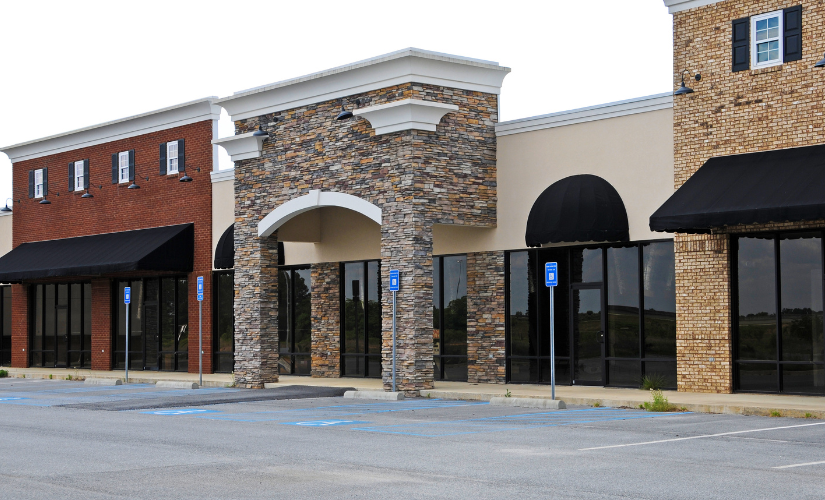back
The role of the triple net lease in NNN financing
01-2023

In a triple net lease (also known as a NNN lease), the tenant is also responsible for all on-going costs related to the property in addition to the rent payments. These costs may include utility bills and other fees in addition to real estate taxes, insurance, and maintenance costs. The three costs that the tenant must cover—net property taxes, net insurance, and net common area maintenance—are referred to as the triple net in NNN (CAM).
The triple net lease plays a crucial part in NNN financing because it enables the landlord to shift the responsibility of property ownership to the tenant. For landlords who do not want to be in charge of the ongoing costs related to owning and maintaining a property, this can be a desirable option. Tenants who desire more control over the property and its running costs may also find it advantageous.
The ability for the landlord to transfer ownership costs to the tenant is one of the main benefits of a triple net lease. This can be especially helpful for landlords who have several properties but do not want to be in charge of the ongoing costs related to each one of them. The landlord can free up capital for other investments or debt repayment by shifting the cost of these expenses to the tenant.
A triple net lease can also give the landlord more stability, which is another benefit. The landlord does not have to worry about changes in the cost of property taxes or insurance because the tenant is responsible for paying those ongoing costs. For the landlord, this may contribute to a more consistent flow of income.
The main benefit of a triple net lease for tenants is that it gives them more control over the property and its running costs. The tenant can guarantee that the property is being maintained to their standards and that their operating costs are as little as possible by being in charge of paying the ongoing costs related to the real estate. Tenants who run companies that are sensitive to changes in operating costs may find this to be especially advantageous.
A triple net lease might also have some disadvantages. The tenant might not have as much control over the property as they would if they were the owner, which could be a disadvantage. For instance, the tenant might not be permitted to alter the property significantly without the landlord’s consent. Furthermore, if property taxes or insurance premiums significantly increase, the tenant may be exposed to unforeseen increases in operating costs.
Negotiating a cap on the tenant’s obligation to pay for CAM, insurance, and property taxes is one way to reduce the risks connected with a triple net lease. This can aid in defending the tenant against unforeseen increases in operating expenses.
Additionally, it is crucial for both parties to express and document the terms of the lease, including the precise costs that the tenant is obligated to cover. Future misunderstandings and conflicts may be avoided as a result.
In conclusion, the triple net lease is crucial to NNN financing because it enables landlords to shift the responsibility of property ownership to the tenant. Both landlords and tenants may find this to be an appealing option because it gives the tenant more control over the property and its operating costs while also allowing the landlord to free up capital. To make sure that the lease meets their needs and interests, it is crucial for both parties to carefully weigh the benefits and negotiate the terms of the lease.
F2H Capital Group is a debt advisory firm specializing in negotiating the best terms for your commercial real estate projects. The company offers a range of financial products and services, including fixed loans, bridge loans, and construction loans across all asset types. Please contact us for any of your financing needs.

